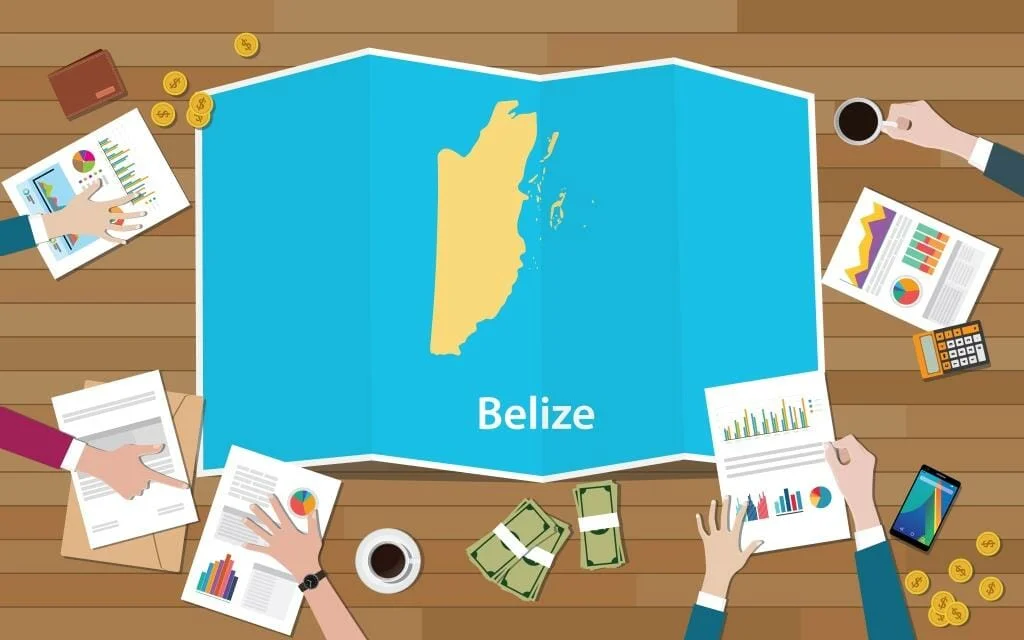Maximize Your Business Potential with Offshore Company Formation Options.
Step-by-Step Overview to Successful Offshore Business Formation
The development of an overseas firm is a nuanced procedure that requires cautious factor to consider of different elements to guarantee success. Comprehending the benefits of overseas enrollment, picking an appropriate jurisdiction, and carefully preparing the essential documents are critical actions in this journey.
Understand Offshore Company Benefits
Comprehending the benefits of overseas company formation is critical for entrepreneurs looking for to maximize their service procedures. Offshore entities can guard personal and organization possessions from potential legal cases, creditors, and political instability in the business owner's home country.
In addition, offshore companies frequently take pleasure in beneficial tax obligation regimes. Numerous territories supply low or no company tax obligation rates, which can substantially boost profit margins and reinvestment capabilities. By tactically taking care of tax obligation responsibilities, company owner can channel sources right into development and development.

Another benefit is boosted personal privacy and confidentiality. Offshore territories typically have stringent personal privacy legislations, which can secure sensitive business information and personal information from public analysis. This facet is especially eye-catching for business owners that value discernment in their monetary affairs.
Furthermore, overseas business formation can help with international organization operations. It enables less complicated access to worldwide markets and enhances reputation with global partners. By leveraging these benefits, business owners can purposefully position their companies for lasting success and competitive advantage in the worldwide industry.
Choose the Right Jurisdiction
When picking the ideal jurisdiction for offshore company development, numerous important elements must be considered to make certain placement with your organization purposes. The initial facet to assess is the regulative environment; territories with reputable legal structures offer higher protection and predictability for your business operations.
Various territories supply varying tax advantages, including low or zero tax obligation prices for overseas companies, which can considerably boost earnings. Additionally, consider the political stability and financial conditions of the jurisdiction.
Another critical aspect is the simplicity of working, which includes the effectiveness of the registration process, ongoing conformity requirements, and the accessibility of specialist solutions such as lawful and accounting support. Analyze the online reputation of the territory, as some might be watched a lot more positively than others, affecting your firm's reliability with capitalists and clients.
Finally, take into consideration the particular industry regulations that might influence your organization. By thoroughly reviewing these aspects, you can make a notified decision on the very best jurisdiction for your overseas company formation.
Prepare Required Paperwork
Preparing the called for paperwork is a critical step in the offshore business development procedure. This phase involves gathering and organizing different lawful files that will certainly sustain the establishment of your overseas entity. The certain needs can vary based upon the chosen territory, however there are usual documents generally required throughout a lot of places.
To start with, you will require to give proof of identification, such as valid keys or government-issued identification for all directors and investors. Additionally, you might be needed to submit proof of address, such as energy costs or financial institution statements, which must not be older than three months.
In addition, a comprehensive company plan detailing the purposes, functional structure, and designated tasks of the offshore company may be called for to show authenticity and purpose. Depending upon the jurisdiction, you may also need to prepare a memorandum and write-ups of association, which act as the fundamental documents of the firm.
Engaging a qualified overseas company can significantly streamline this process by making sure that all documentation is total and certified with local laws, minimizing potential delays in your business development.
Full the Enrollment Refine
To complete the registration procedure for your overseas business, it is necessary to send the prepared paperwork to the appropriate regulatory authority in your picked territory. This action notes an important stage in establishing your service and requires meticulous interest to detail.
Begin by compiling all essential kinds, including the application for incorporation, memorandum and short articles of organization, and any type of identification papers for the directors and investors - offshore company formation. Make sure that all records adhere to local regulations and are properly filled in to avoid hold-ups
Once your documents is put together, send it in addition to the called for charges, which can vary by jurisdiction. Some authorities might enable on the internet submissions, while others call for physical shipment. Bear in mind any extra demands, such as registration or find this legalisation of papers, which may be essential depending on neighborhood regulations.
Upon entry, the governing authority will review your application. This procedure may take several days to weeks, depending on the territory and the complexity of your application. When approved, you will certainly get a certification of consolidation, formally developing your offshore business and permitting you to continue with crucial functional actions.
Manage Compliance and Coverage
Browsing the intricacies of compliance and coverage is vital for the longevity and success of your overseas company. Compliance involves adhering to the lawful demands of the territory in which your offshore entity is signed up, while reporting pertains to the timely submission of necessary documentation to regulative authorities.

In addition, maintaining clear documents is crucial. This consists of financial declarations, mins of conferences, and documentation of significant business activities. Normal audits can likewise be helpful content in recognizing potential conformity issues at an early stage.
In addition, remaining educated about adjustments in regulations or regulative techniques is essential. Jurisdictions frequently update their compliance structures, and prompt adjustment is key to staying clear of charges or legal difficulties.
Verdict
